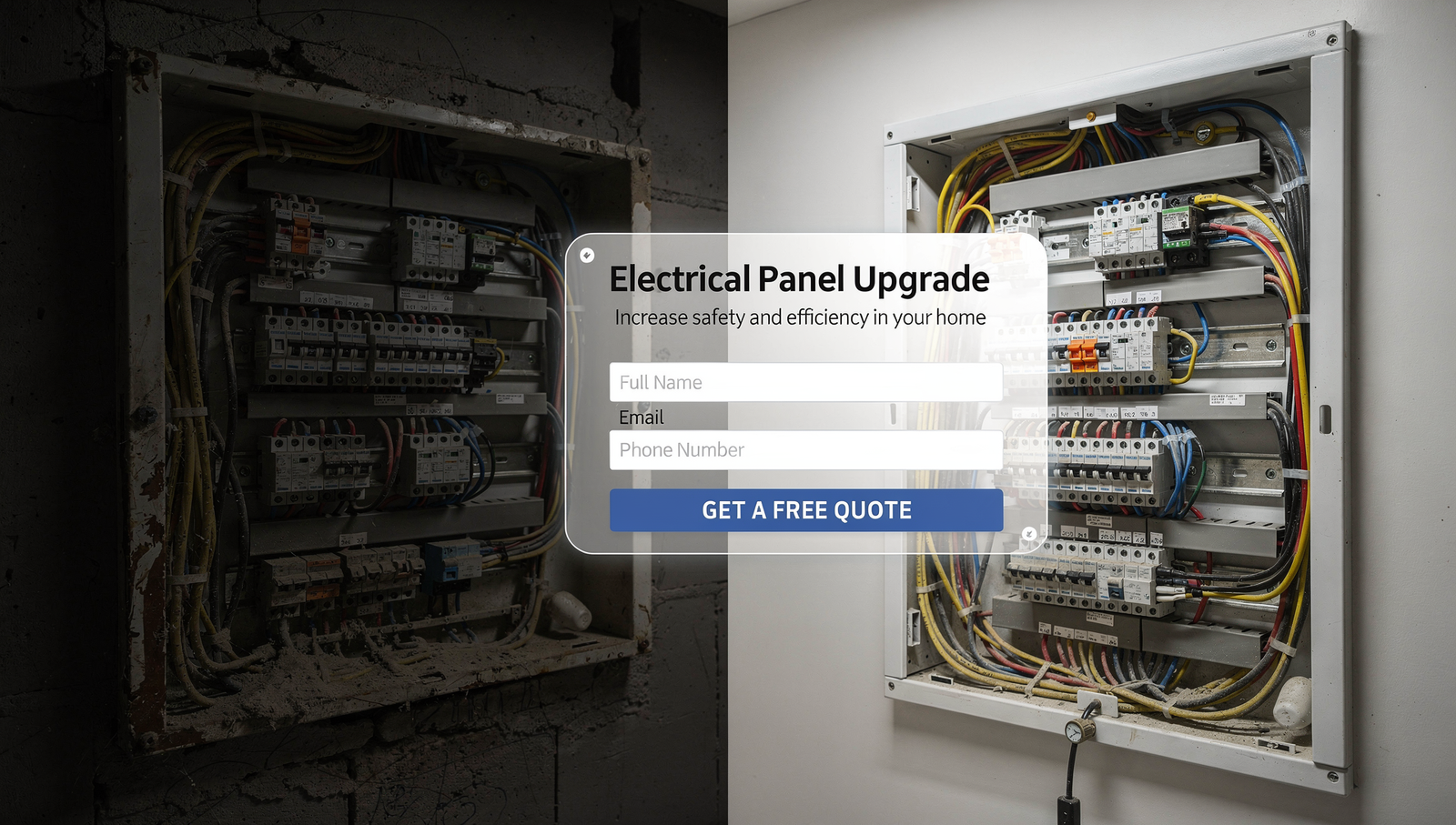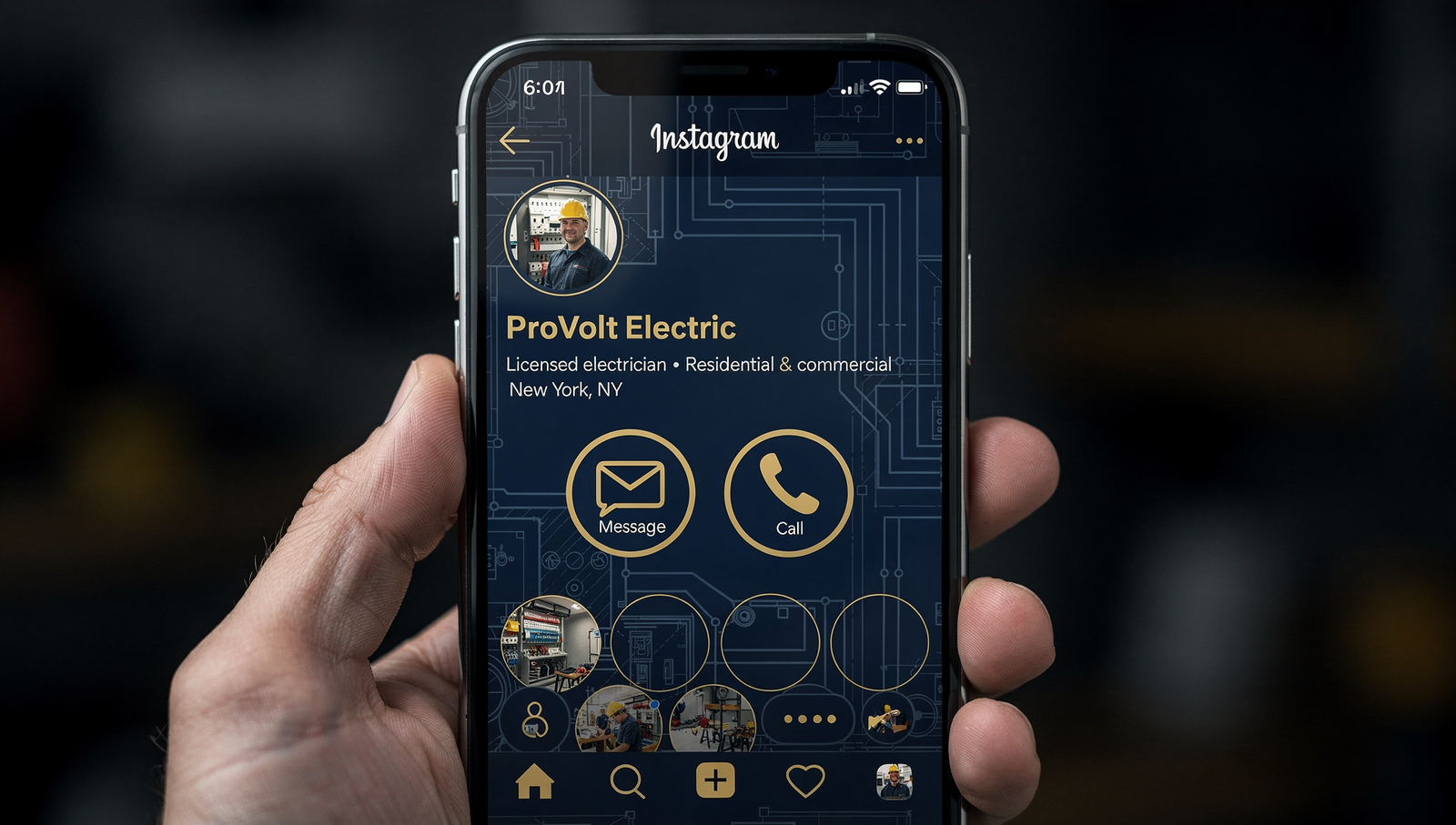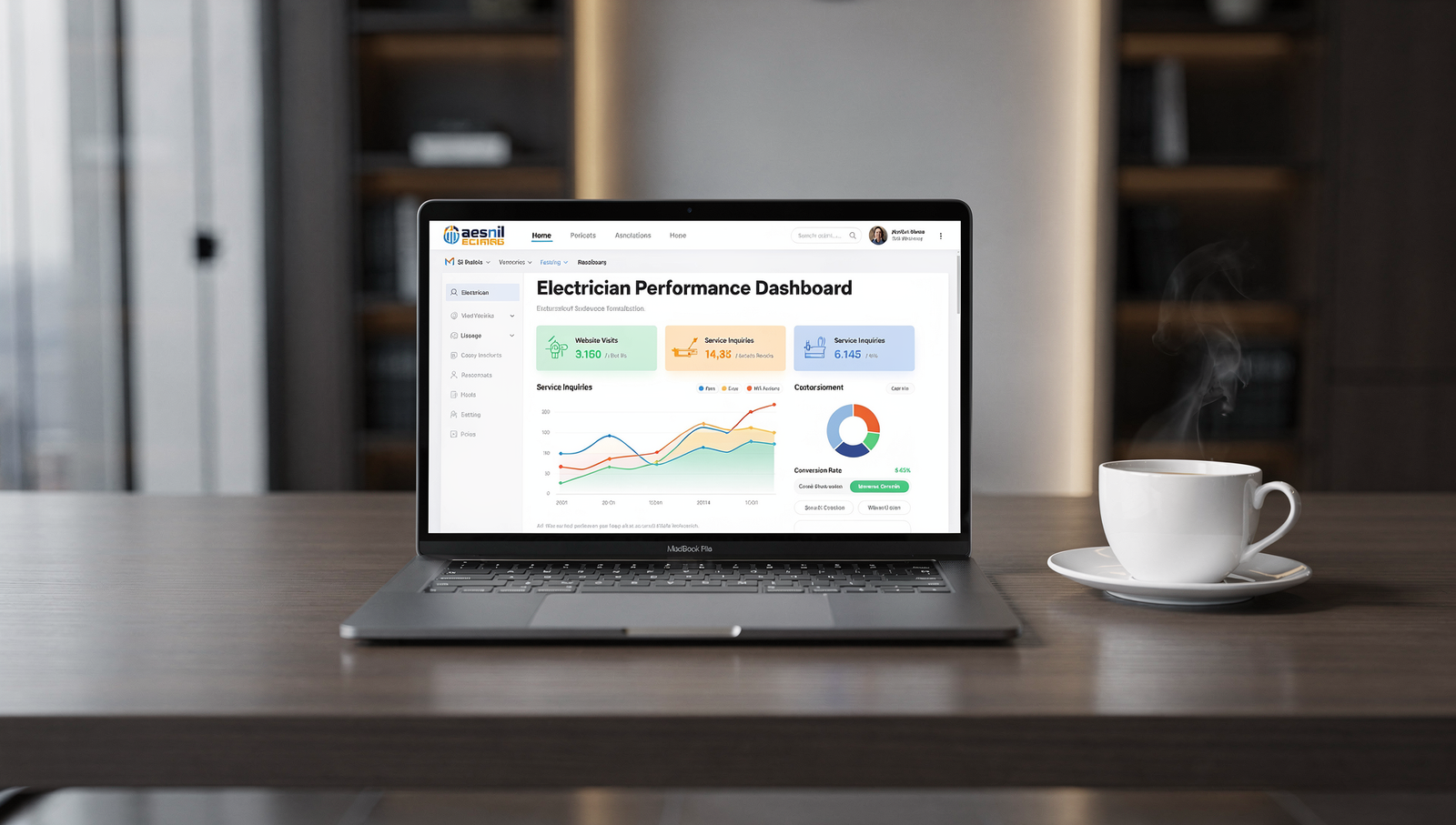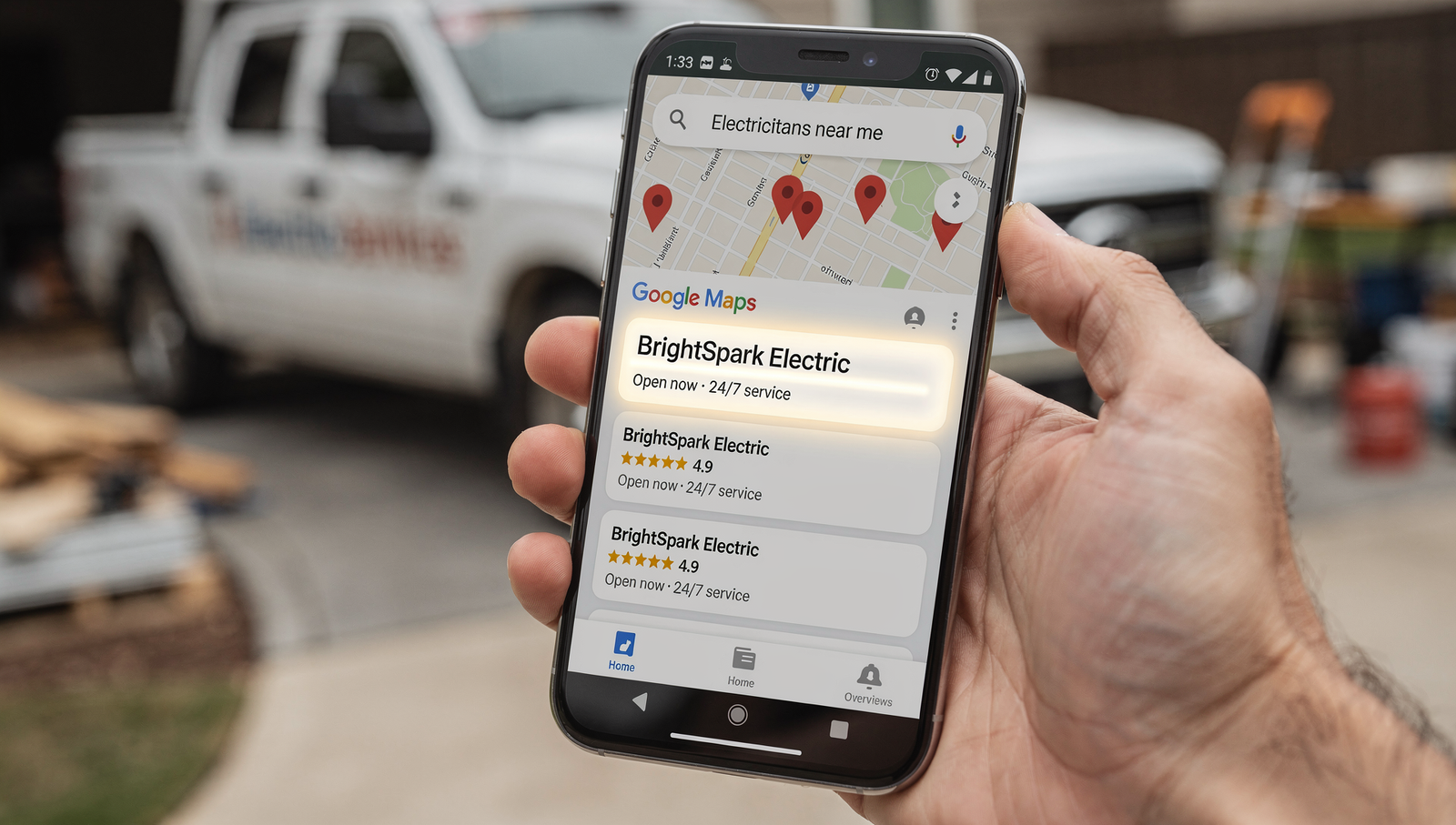Small Business Website Design Tips for Small Business Owners
Small Business Website Design Tips That Actually Win Customers
Your website is not a brochure. It is a 24/7 salesperson that quietly handles first impressions, answers questions, and nudges visitors to take action. In this guide, we share small business website design tips that keep things simple, fast, and conversion focused so more visitors become paying customers.
At Digital Dream Homes, we build luxury, high-performing sites for small businesses. The same principles work whether you run a dental clinic, a roofing company, or a one-person consulting shop. We will also drop in a few real-world realtor examples to show how these tips apply across industries.
Small Business Website Design Tips: The Core Principles
Great sites are built on a few core ideas. Keep these front and center as you plan or redesign.
Clarity beats cleverness. Say what you do in plain language.
Speed wins. Faster pages reduce bounce and increase leads.
Mobile first. Most visitors arrive on a phone. Design for thumbs.
One primary action. Every page should guide visitors to a single clear next step.
Trust signals. Reviews, badges, and proof calm buyer nerves.
Start With a Simple, Benefit-Driven Header
Your hero section should pass the five-second test. A new visitor should instantly know who you serve and what result you deliver.
Do this:
Use a headline that states the outcome.
Accountant example: “Stress-free small business bookkeeping that saves you time.”
Realtor example: “List your home with confidence and sell for top dollar.”
Add a short subhead that explains how.
Place one clear Call To Action button such as Book a Free Consultation.
Avoid: vague taglines, sliders, or auto-playing videos with sound.
Design For Mobile First
Most local service sites see more than half of their traffic on mobile. A mobile-first layout keeps forms short, buttons large, and text readable.
Checklist:
Font sizes at least 16px for body text.
Buttons wide enough for thumbs with generous padding.
Tap-to-call and tap-to-text on phone numbers.
Sticky CTA at the bottom of the screen for fast action.
Images sized and compressed to prevent slow loads.
Realtor scenario: An agent’s property search page gets heavy mobile use on weekends. A sticky Schedule a Showing button at the bottom increased calls because visitors did not need to scroll to find the contact form.
Make It Fast Because Speed Converts
Multiple studies show that shaving seconds off load time improves engagement. Google’s research has shown bounce probability rises sharply as pages slow from one to three seconds. You do not need to chase perfection, but you should aim for a lean site.
Quick wins:
Use next-gen image formats like WebP and set proper width/height attributes.
Install server-level caching and a Content Delivery Network.
Limit third-party scripts and heavy plugins.
Avoid oversized hero videos. Use a short, well-compressed loop if you need motion.
Pro tip: Measure with PageSpeed Insights and Lighthouse. Track improvements after each change.
For tool ideas and a practical stack to keep pages snappy, see Best Free Tools for Realtors on the DDH blog. The tool list applies to any small business, not just agents, and it will help you speed up launches while keeping costs low. Find it here: Best Free Tools for Realtors.
Use a Clear Visual Hierarchy
People scan first and read second. Use layout to guide the eye.
H1 for the page topic.
H2 sections with plain language labels.
Short paragraphs of 2 to 4 sentences.
Bulleted lists for key takeaways.
Bold important terms to help scanners grasp the point.
Example: A landscaping homepage might use these H2s: Services, Pricing, Gallery, Reviews, Get a Quote. Each section ends with a small CTA that moves people forward.
Write Copy That Sells Outcomes, Not Features
Your customer cares about the result. Translate features into benefits.
Feature: “Custom WordPress build.”
Benefit: “A site you can edit in minutes without breaking anything.”Feature: “24-hour response.”
Benefit: “Never wait to get small updates done.”
Realtor example: Instead of “3D tour and professional photos,” write “Attract more qualified buyers on day one with a 3D tour and pro photos that showcase your home at its best.”
Place CTAs Where Decisions Happen
Every page should have one primary action. Use consistent button text so visitors learn what to expect.
Good CTA examples:
Book a Free Consultation
Get My Quote
Schedule a Call
See Pricing
Placement ideas:
In the hero section
Mid-page after proof
At the end of each section
As a sticky mobile bar
Showcase Social Proof That Builds Trust
Trust is a design element. Sprinkle proof where doubts occur.
Reviews with names and photos
Before and after images
Case studies with a simple problem → solution → result format
Logos of partners and associations
Guarantees and clear policies
Simple case study framework:
Client: Tampa roofing company
Problem: Low web leads and confusing quote form
Solution: Streamlined services page, one-page quote form, sticky CTA
Result: 38 percent increase in form submissions in 60 days
Realtor scenario: A reviews carousel that highlights “Sold for 4 percent over asking” next to a Schedule a Listing Consult button outperforms a generic testimonials page.
Keep Navigation Short and Obvious
Cluttered menus stall decisions. Use simple labels and keep primary navigation to five to seven items.
Recommended order:
Home
Services
Pricing
Portfolio or Results
Reviews
About
Contact
Add a standout Book a Free Consultation button in the header. On mobile, keep the menu short and push the primary CTA below the logo.
Create a Services Page That Sells Like a Sales Page
Think of your services page as a guided conversation.
Structure:
Brief summary of the problem you solve
Packages with who it’s for and what is included
Outcome bullets that spell out the results
FAQs that remove risk
CTA to book a call
Pro tip: Add a mini case study next to each package. People love to see themselves in a story.
Want a Free Website Audit?
Fill out your information below and we will send you a personal screen share video of tips on how to make your actual website better!
Make Pricing Understandable and Less Scary
Transparent pricing builds trust. You can show starting prices, commonly chosen packages, or a simple range.
Good layout:
Card for each package with a short title and one-sentence benefit
Three to five key inclusions
A quick “Perfect for” line so visitors can self-select
FAQ under the cards to handle objections
If your service varies widely, use Get a Quote with a short form and explain how pricing is calculated.
For a deeper look at how paid traffic and pricing pages work together, see Facebook Ads vs Google Ads for Realtors on our blog. Even if you are not a realtor, this explains how intent and ad type influence the page visitors land on. Find it here: Facebook Ads vs Google Ads for Realtors.
Use Forms That People Actually Finish
Forms are where money changes hands. Keep them short, clear, and mobile friendly.
Guidelines:
Ask only for the essentials
Use progress cues for multi-step forms
Show privacy reassurance near submit
Offer tap-to-call or tap-to-text alternatives
Realtor scenario: A one-page “What is my home worth” form that asks for address first and email last converts better because visitors see value early.
Invest In Clean, Consistent Branding
A luxury feel comes from consistency.
Limit the palette to two primary colors and one accent
Choose two fonts and stick with them
Use consistent photo style with even lighting
Keep spacing generous so content can breathe
If you are a local shop, include one or two authentic team photos. Real faces beat stock every time.
Add Helpful Content That Answers Real Questions
Content marketing is not just for big companies. A few well-written posts can drive steady traffic and leads.
Ideas for small businesses:
“How much does [service] cost in [city]”
“What to expect during your first [service] appointment”
“Checklist to prepare for [service] day”
Realtor example topics:
“How to price your home in a shifting market”
“Open house checklist for busy families”
Use plain language, short paragraphs, and internal links to related pages so visitors keep exploring your site.
Nail Your Local SEO Basics
If you serve a local market, local SEO is your best friend.
Create or claim your Google Business Profile
Keep Name, Address, Phone consistent
Add service areas and categories
Gather recent reviews and reply to them
Add location pages for major cities you serve
On your site, include your city and state in headlines and in alt text for relevant images. A simple Contact page with an embedded map helps visitors and search engines.
Use Accessibility As a Design Advantage
Accessible sites are easier for everyone. They also perform better in search.
Quick accessibility wins:
Sufficient color contrast
Alt text that describes images
Logical heading order
Keyboard navigable menus
Clear focus states on links and buttons
This is not just a checklist. It is a way to ensure no visitor gets stuck.
Track What Matters And Improve Each Month
You cannot manage what you do not measure. Focus on the metrics that tie to revenue.
Core metrics to watch:
Leads per month and where they came from
Call clicks and form submissions
Top landing pages and their conversion rates
Page speed and mobile usability
Keyword rankings for your core services
Set one small improvement each month. Change one thing, measure, then keep what works.
Common Mistakes That Quietly Kill Conversions
Avoid these silent conversion killers.
Pretty design with no clear CTA
A wall of text with no headings
Auto-play audio or busy carousels
Stock photos that do not match your market
Form fields that ask for everything under the sun
Buried contact info or confusing hours
Fixing even one of these will often lift leads without adding more traffic.
What Working With Digital Dream Homes Looks Like
We build luxury, conversion-focused sites that feel polished and perform well. Our process is designed to be simple for busy owners.
Discovery: We map your audience, services, and goals.
Wireframes: We outline pages and CTAs so the flow makes sense.
Design: Clean, modern, and on-brand visuals with mobile in mind.
Build: Fast, secure, and easy to edit in WordPress or Elementor.
Launch: We track speed, conversions, and fix the small stuff fast.
Iterate: Monthly tweaks so your site keeps getting better.
Realtor scenario: For a listing-focused agent, we built a sticky mobile bar with Search Homes, Book a Showing, and Call Now. Leads increased because the next step was always one tap away.
Quick Reference Checklist
Use this to review your site today.
Clear value proposition in the hero
One primary CTA above the fold
Mobile-first layout and sticky CTA
Fast images and lean scripts
Simple navigation with five to seven items
Proof near key decisions
Short forms with privacy reassurance
Consistent branding and authentic photos
Local SEO basics in place
Accessibility baked into design
Analytics set up with monthly reviews
Conclusion: Small Business Website Design Tips That Drive Real Results
Great websites feel effortless to use. They make decisions simple, remove friction, and prove you are trustworthy. If you follow these small business website design tips, you will build a site that looks luxurious, loads quickly, and converts more visitors into paying clients.
Ready to upgrade your digital storefront and turn more clicks into customers? Book a free consultation with Digital Dream Homes and let us design a site that does the heavy lifting while you focus on running your business.
Other Posts About Small Business Websites You Might Like…
- Small Business Website Design Tips for Small Business Owners
- How to Create a Professional Website for Your Small Business
- Common Small Business Website Mistakes That Are Costing You Customers
- Best Homepage Layout for Small Businesses
- Website Conversion Tips for Small Business: How to Make Your Website Convert Visitors into Clients
- How to Make Small Business Website Look Professional: Simple Design Tweaks That Boost Small Business Credibility
- Best Website Colors For Small Business Branding: How to Choose the Right Colors for Your Brand
- Why Small Business Websites Fail: Why Your Website Isn’t Bringing in Leads
- Mobile Friendly Website Tips For Small Business: Mobile Optimization Tips for Local Business Websites
- Contact Page Optimization for Small Business: How to Create a “Contact Us” Page That Actually Gets Results
Matt Pieczarka
9 Electrician Facebook Marketing Moves That Book Jobs Fast
9 Electrician Facebook Marketing Moves That Book Jobs Fast Add hook and selling point here Want More Clients Fast? Steal This Website Rescue Kit to Get More Clients, More Ca
10 Social Media Marketing for Electricians Ideas That Win Jobs
10 Social Media Marketing for Electricians Ideas That Win Jobs Watch the video to learn exactly how we run our clients’ social media accounts to turn followers into cl
5 Electrician Social Media Agency Pros and Cons
5 Electrician Social Media Agency Pros and Cons Watch the video to learn exactly how we get our clients more sales by running every aspect of their social media! From a team
5 Electrician Social Media Marketing Plays That Win Clients
5 Electrician Social Media Marketing Plays That Win Clients Watch the video to learn how we can take over your social media marketing for your electrician business to turn f
11 Electrician SEO Tips That Get You More Calls Fast
11 Electrician SEO Tips That Get You More Calls Fast Watch the video to learn about the ultimate easy SEO hack to get your business in front of as many people online as possible by
9 Electrician Search Engine Optimization Wins That Get Calls
9 Electrician Search Engine Optimization Wins That Get Calls Watch the video to learn the perfect content workflow for maximum seo exposure! https://youtu.be/Q2PrdWBpflI?si=378ZF_E
5 Electrician SEO Expert Moves That Get You Calls
5 Electrician SEO Expert Moves That Get You Calls Watch the video for the perfect content workflow to maximize your seo for your electrician business! https://youtu.be/Q2PrdWBpflI?
9 Local SEO Moves For Electricians To Dominate Locally
9 Local SEO Moves For Electricians To Dominate Locally This exact local SEO strategy helped one of our electrician clients go from barely showing up on Google to getting 18 inbound
9 Electrician SEO Marketing Tactics to Land High-Value Jobs
9 Electrician SEO Marketing Tactics to Land High-Value Jobs One of our electrician clients went from relying almost entirely on referrals to booking consistent high-ticket jobs eve









